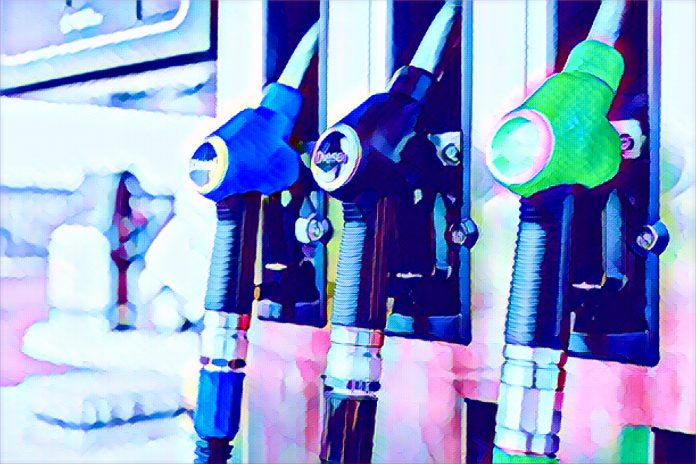Despite recent assurances from the Nigerian National Petroleum Corporation (NNPC) regarding increased fuel production and sufficient supply, petrol scarcity continues to grip many parts of Nigeria. The ongoing shortage has led to long queues at filling stations, widespread frustration, and a ripple effect on transportation and daily activities across the country.
The NNPC recently announced that it had ramped up fuel production and enhanced distribution efforts to meet the nation’s demand. The corporation emphasized that the country has ample stockpiles and that the public should not panic. However, the reality on the ground paints a different picture, with motorists and businesses still struggling to access petrol.
Reports from various regions indicate that the scarcity is being exacerbated by logistical challenges, distribution inefficiencies, and possible hoarding by some fuel marketers. In major cities such as Lagos and Abuja, drivers have been forced to wait in line for hours to purchase fuel, often paying inflated prices far above the official pump rate. This has put additional strain on consumers already grappling with the rising cost of living.
The transportation sector has been hit particularly hard by the fuel shortages. Many commercial drivers have reduced their operating hours or increased fares, making commuting more expensive and difficult for passengers. This situation has disrupted the daily routines of millions of Nigerians, particularly those who rely on public transport to get to work, school, or market.
The persistent scarcity has also sparked renewed criticism of the government and the NNPC’s handling of the country’s fuel supply. Critics argue that the recurrent shortages point to deeper systemic issues within Nigeria’s petroleum sector, including poor infrastructure, mismanagement, and corruption. There are also concerns about the effectiveness of the NNPC’s communication strategy, with some accusing the corporation of downplaying the severity of the situation.
In response to the ongoing crisis, the NNPC has reiterated its commitment to ensuring fuel availability across the country. The corporation stated that it is working around the clock to address the supply challenges and ensure that all filling stations are adequately stocked. However, these reassurances have done little to ease the frustrations of the public, who are demanding more concrete actions and accountability.
Economic analysts have noted that the recurring petrol shortages are having a significant impact on Nigeria’s economy. The scarcity is driving up the cost of goods and services, as businesses pass on the increased transportation costs to consumers. It is also affecting productivity, as workers spend more time queuing for fuel or are unable to travel to their places of employment.
The government has come under increasing pressure to find a lasting solution to the fuel supply challenges. While short-term measures such as increasing fuel imports or releasing reserves from strategic stockpiles may provide temporary relief, there is a growing consensus that more fundamental reforms are needed. These could include improving the country’s refining capacity, enhancing the efficiency of the distribution network, and addressing the regulatory and governance issues that contribute to the perennial shortages.
As the fuel crisis drags on, there is hope that the government and NNPC will take the necessary steps to stabilize the supply and prevent future shortages. In the meantime, Nigerians continue to bear the brunt of the crisis, with many expressing frustration and fatigue over the recurring problem.
Despite the challenges, there is optimism that with the right policies and actions, Nigeria can overcome its fuel supply issues and establish a more reliable and sustainable energy sector. The current situation underscores the need for urgent and sustained efforts to address the root causes of the problem and ensure that the country’s energy needs are met.
Source: Business Day



